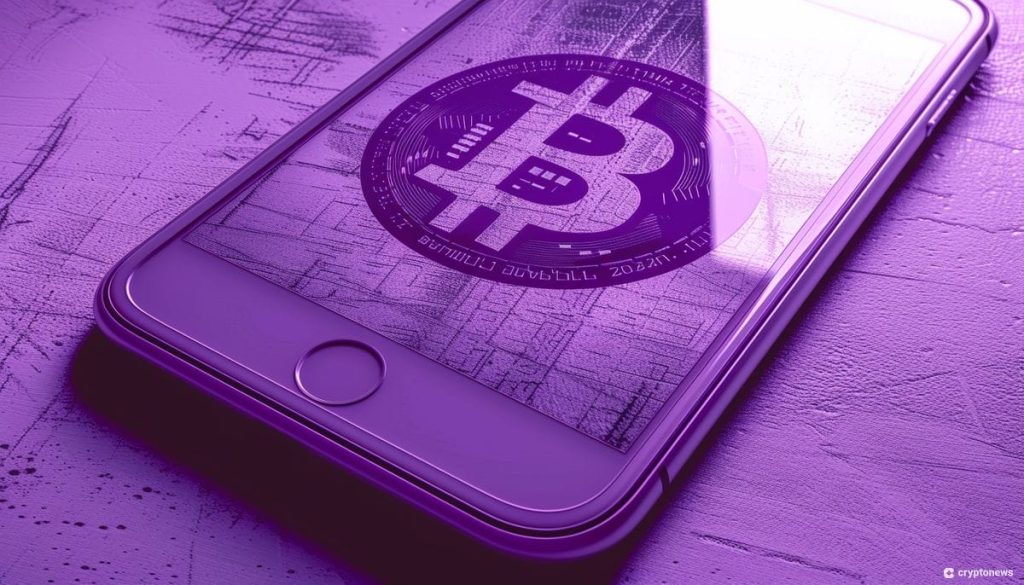Circle, the company behind the popular stablecoin USDC, is set to introduce tap-and-go payments on iPhones after Apple’s decision to allow third-party developers access to the secure payment chips. This new feature is expected to leverage Apple’s Near Field Communication (NFC) chip and Secure Element (SE), which were previously restricted to Apple’s own Wallet app and Apple Pay. The move opens up the opportunity for blockchain-based payment systems to be integrated into the iPhone ecosystem, allowing for direct payments using USDC at points of sale. This development has the potential to create a powerful new avenue for direct-to-merchant USDC payments by combining iPhone technology with high-performance, low-fee blockchain networks.
The implications of Apple’s decision extend beyond USDC to include non-fungible tokens (NFTs), other stablecoins like EURC, and various digital certificates. While the feature will initially be available in select countries, such as Australia, Brazil, Canada, Japan, New Zealand, the United Kingdom, and the United States, the European Union was notably not mentioned in Apple’s rollout. Meanwhile, MetaMask is also venturing into the payments space with the launch of a self-custody debit card pilot in partnership with Mastercard and Baanx, enabling users in the UK and EU to make purchases directly from their crypto wallets.
There have been other notable developments in the payments space involving cryptocurrencies. In April, Fintech giant Stripe announced its decision to once again allow customers to accept cryptocurrency payments after a six-year break, starting with USDC stablecoins on the Solana, Ethereum, and Polygon blockchains. Prior to this announcement, in 2014, Stripe had experimented with Bitcoin but suspended its support in 2018 due to volatility and suitability issues. Stripe’s move to reintroduce cryptocurrency payments highlights the growing acceptance of stablecoins as a means of payment by payment companies.
Payment companies like Triple-A in Singapore have also shown interest in integrating stablecoins as a payment method. Triple-A, the first licensed crypto payments firm in Singapore, announced plans to incorporate PayPal’s stablecoin, PYUSD, into its list of supported tokens for customer payments. Currently offering payment services primarily in Bitcoin, Ether, and stablecoins issued by Tether and Circle, Triple-A aims to enhance its payment options by adding support for PayPal’s stablecoin by the end of June. This trend of adopting stablecoins for payments reflects a broader movement within the financial industry towards embracing the use of cryptocurrencies in everyday transactions.
Overall, the decision by Apple to open up its NFC access for third-party developers to integrate blockchain-based payment systems into iPhone devices marks a significant step towards mainstream adoption of cryptocurrencies. This move, combined with initiatives by companies like Circle, MetaMask, Stripe, and Triple-A to facilitate payments with stablecoins and cryptocurrencies, signals a shift towards a more inclusive and efficient financial ecosystem. As more payment firms embrace digital assets and streamline payment processes, consumers and merchants alike stand to benefit from the convenience, speed, and security offered by blockchain technology in everyday transactions. The integration of blockchain-based payments into iPhones and other devices represents a promising future for the widespread use of cryptocurrencies in the global economy.


